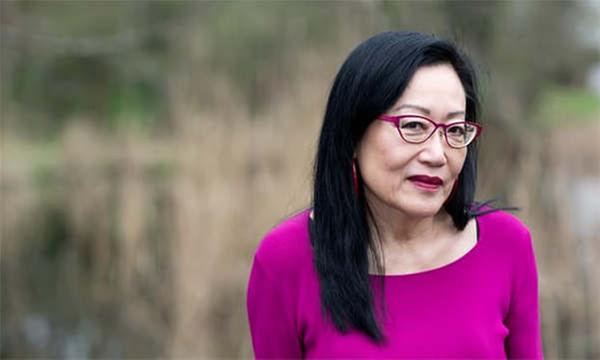Among world's last matrilineal societies
China Daily | Updated: 2017-08-11 08:08
 |
| Choo Waihong, author of The Kingdom of Women [Photo provided to China Daily] |
In a Mosuo family, the grandmother is the head of the household. All others living in the family belong to her matrilineal bloodline.
Mosuo women do not live with their husbands. Traditionally, the Mosuo people do not even have the concept of husband or wife. They practice "walking marriages", also called "visiting marriages".
Choo describes a marriage in her book, in which a man living with his extended family visits a woman in the evening, and they spend the night together in the woman's "flower chamber," which is a room every adult daughter in a family has.
Before sunrise, the man needs to return to his own home.
When Choo reflects on Mosuo culture, she constantly compares it with her own culture.
She thinks the "walking marriage" of the Mosuo people is revolutionary in contrast with the traditional Han values of her family, and her patriarchal father.
"He really believed he was the lord of our home," Choo says of her father. "He felt he had the right to have second wives all over the place."
Her mother, on the other hand, was allowed no right to have other lovers, and was expected to be the forgiving wife.
"The way of Mosuo society is there is no rule you must stay with only one lover," Choo says. "Nobody approves or disapproves of any choices you make."
It is the same for both men and women.
























